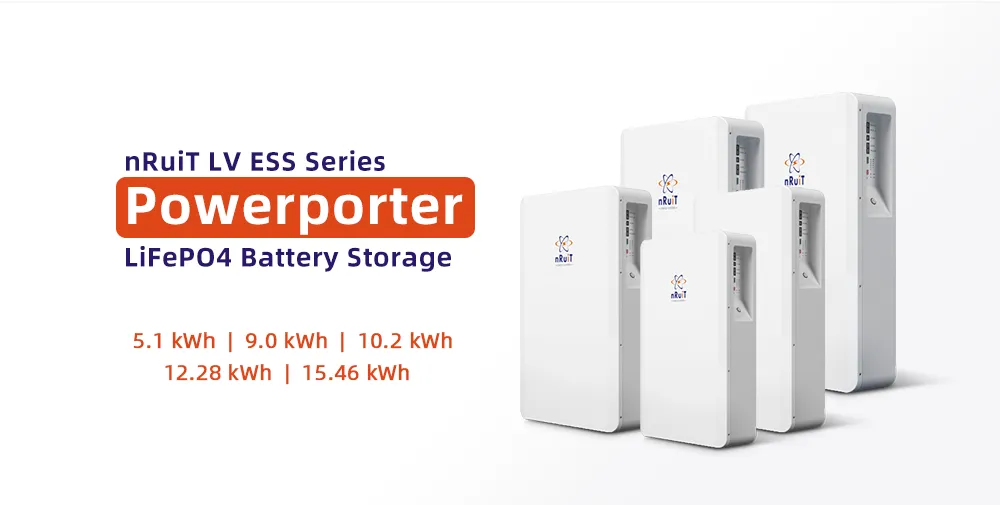
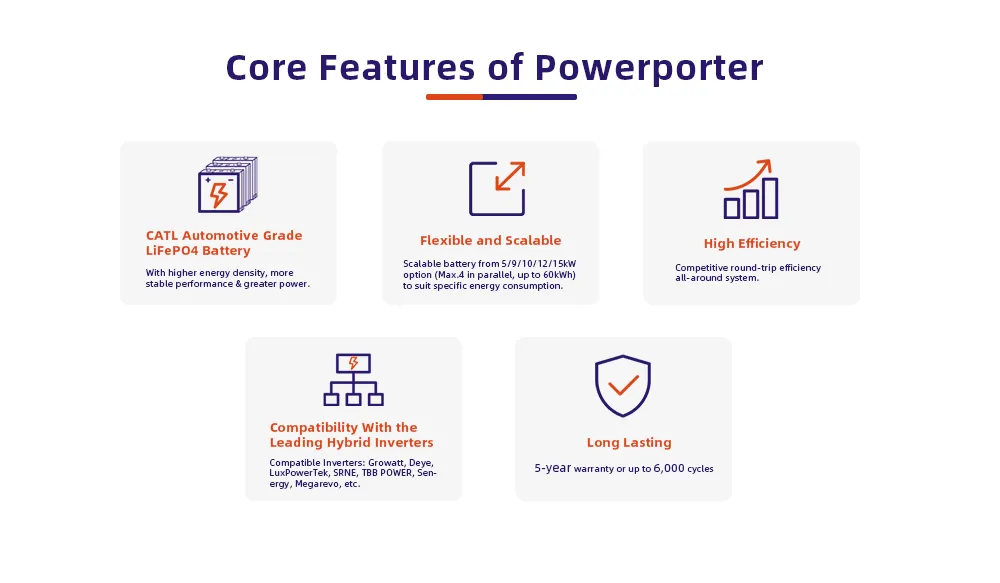
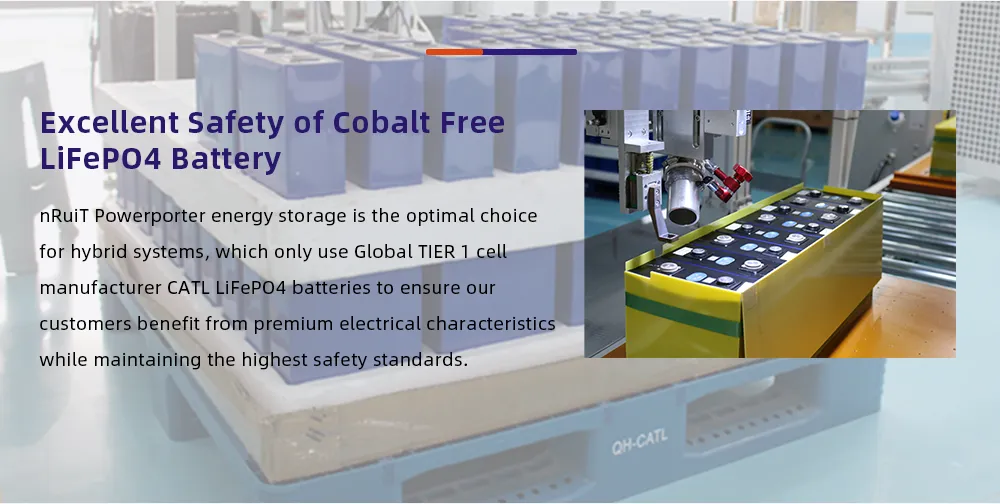
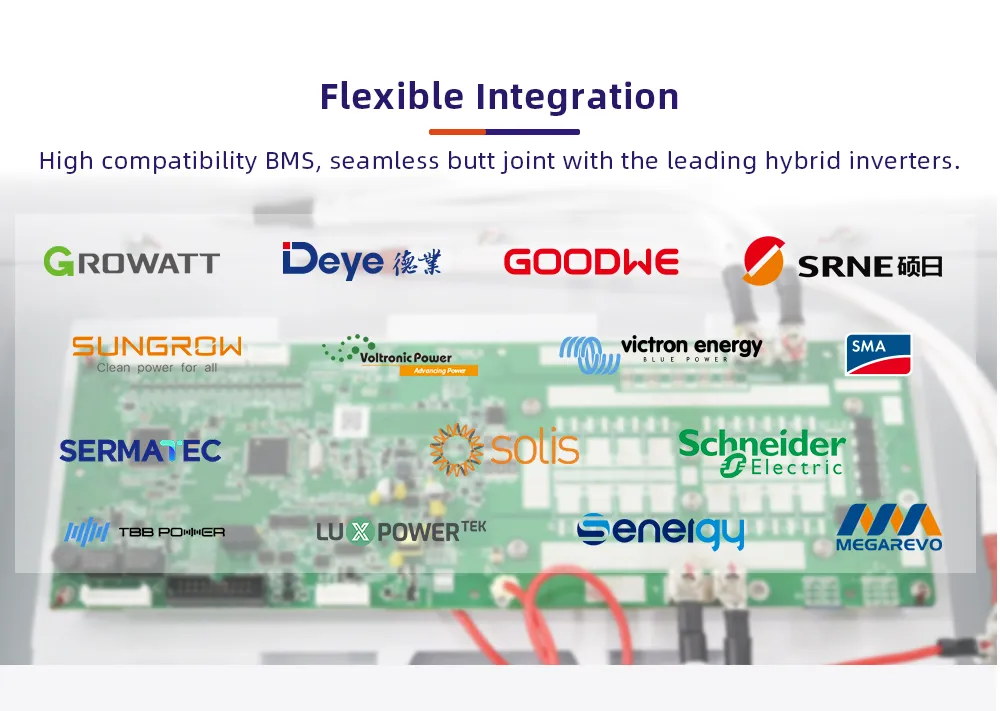
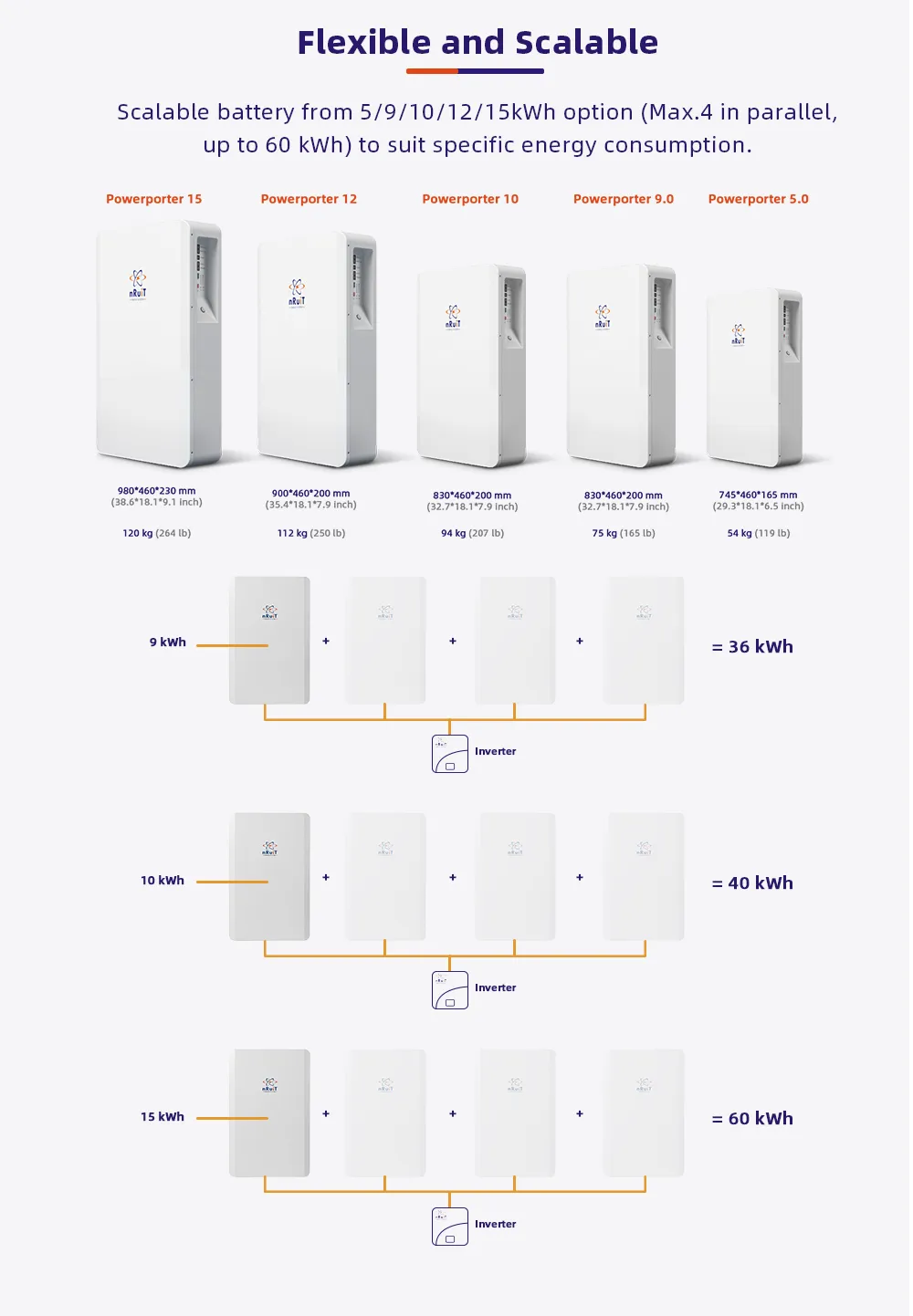
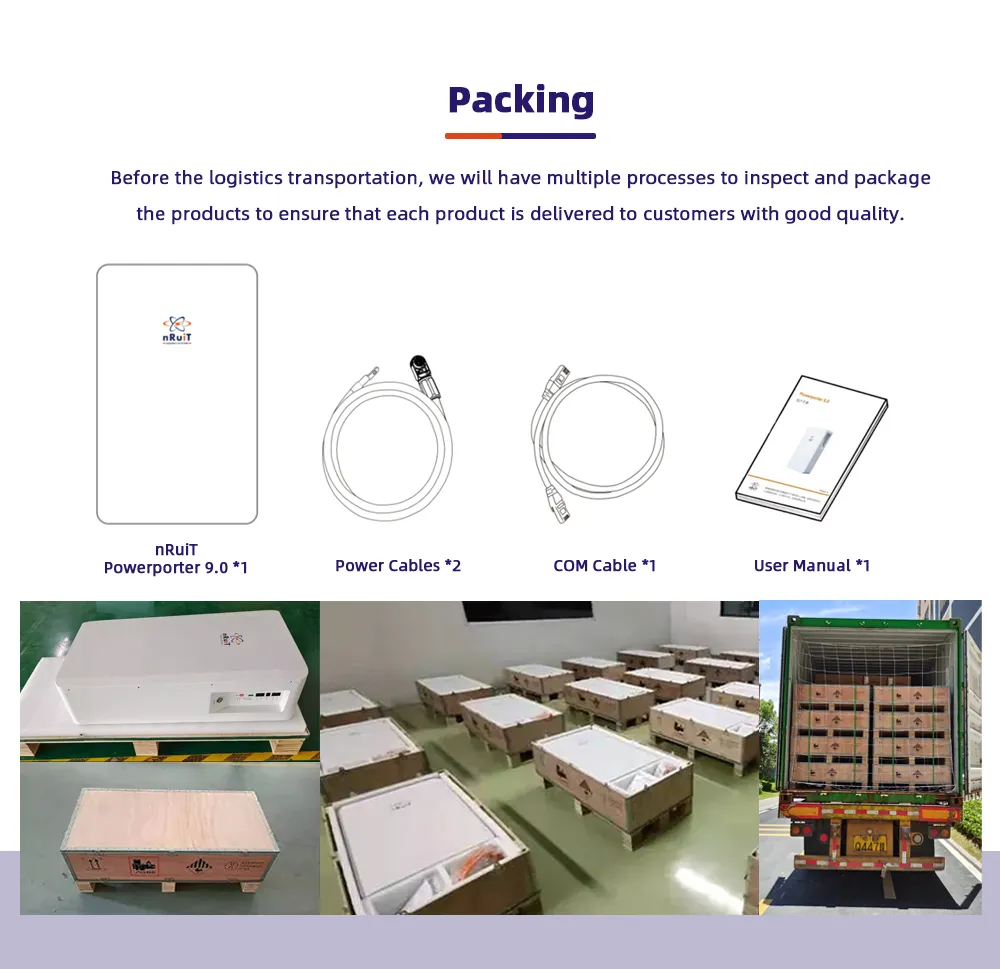
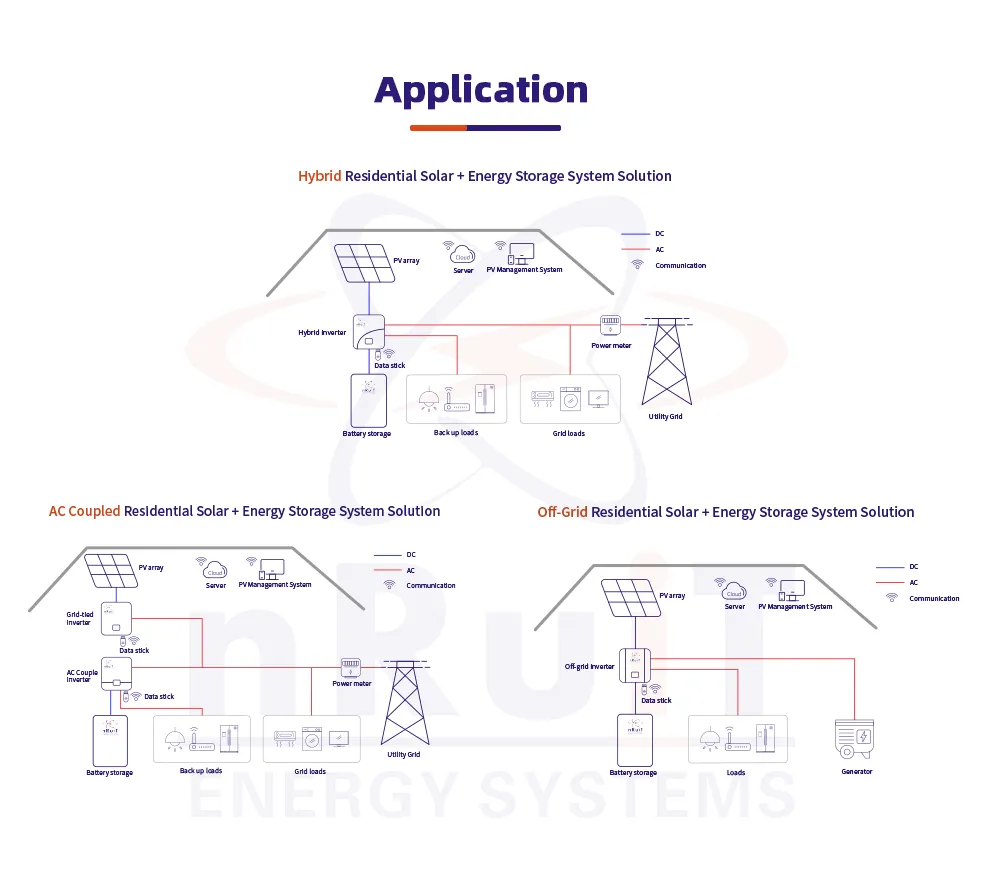
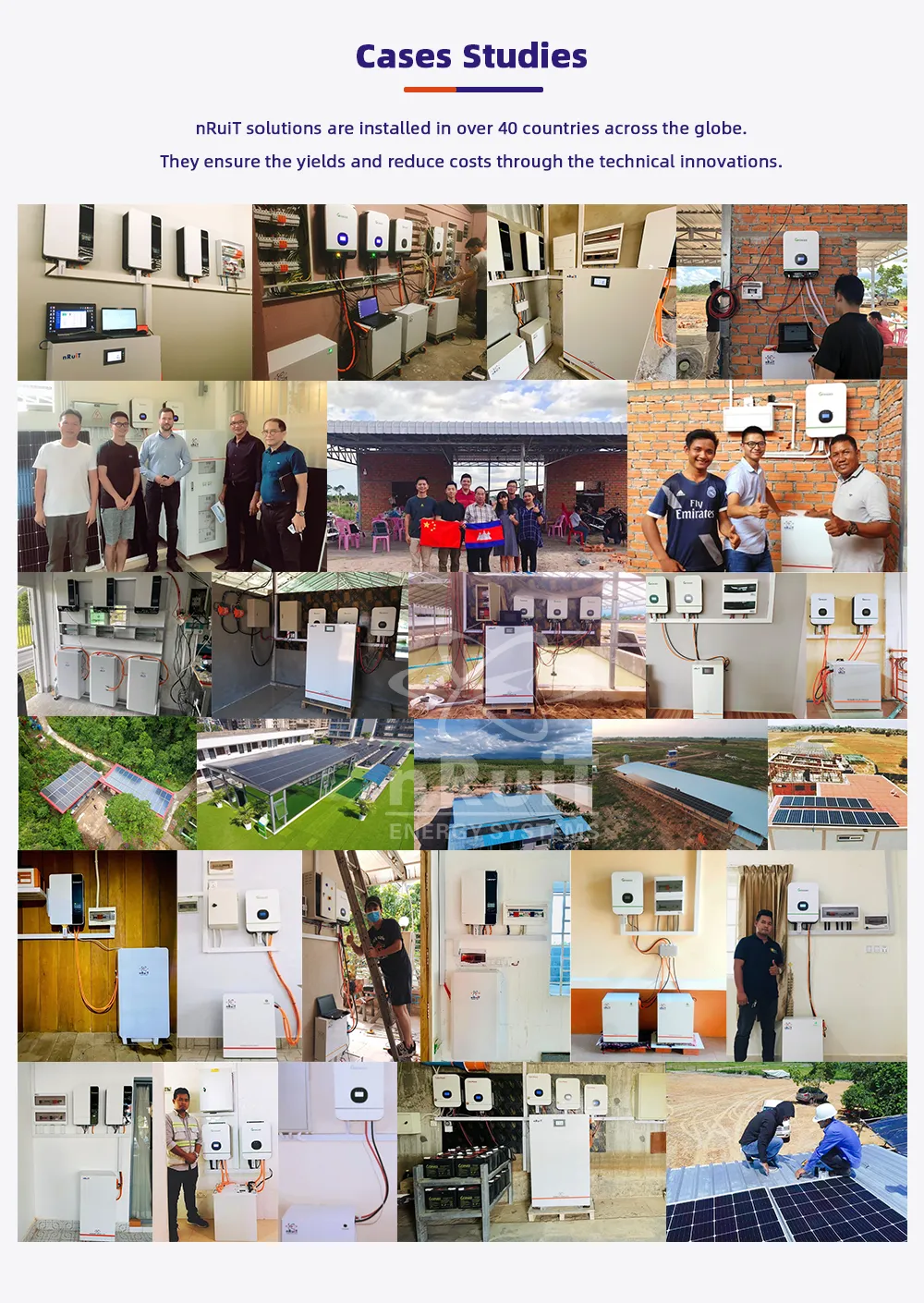
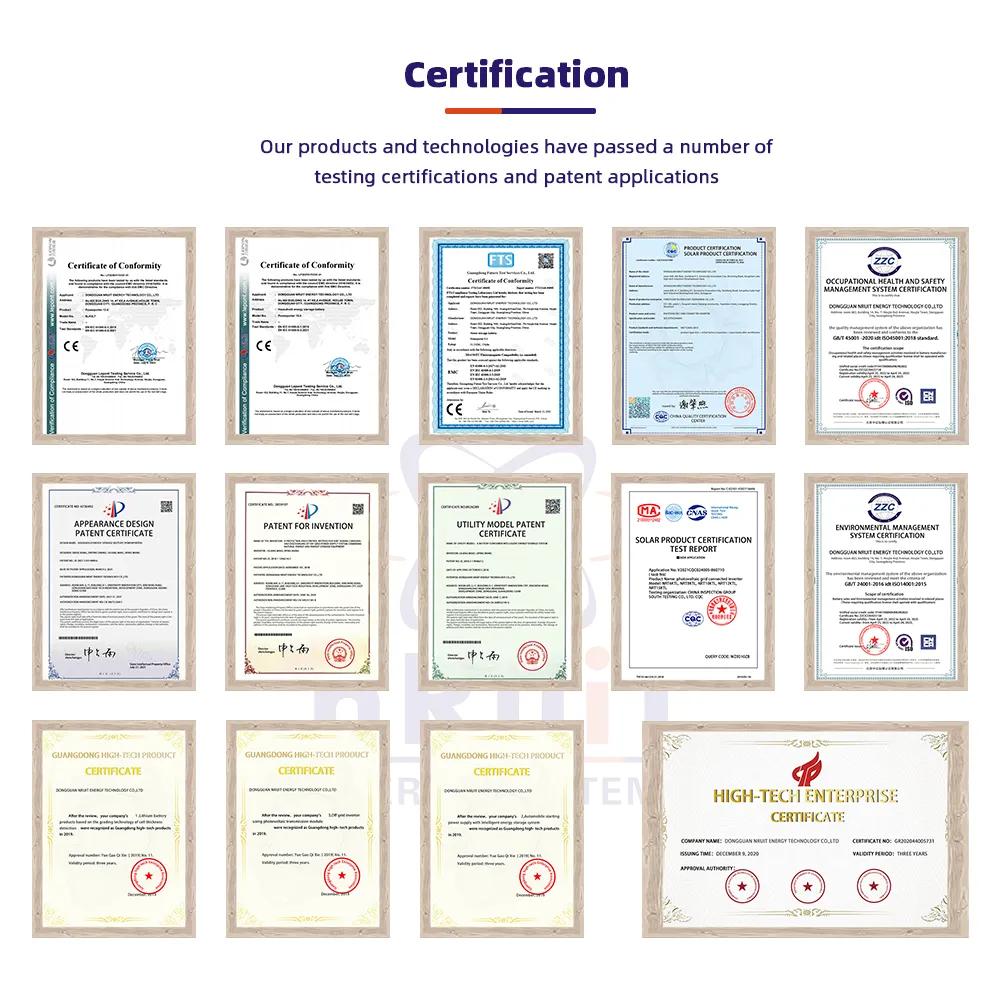
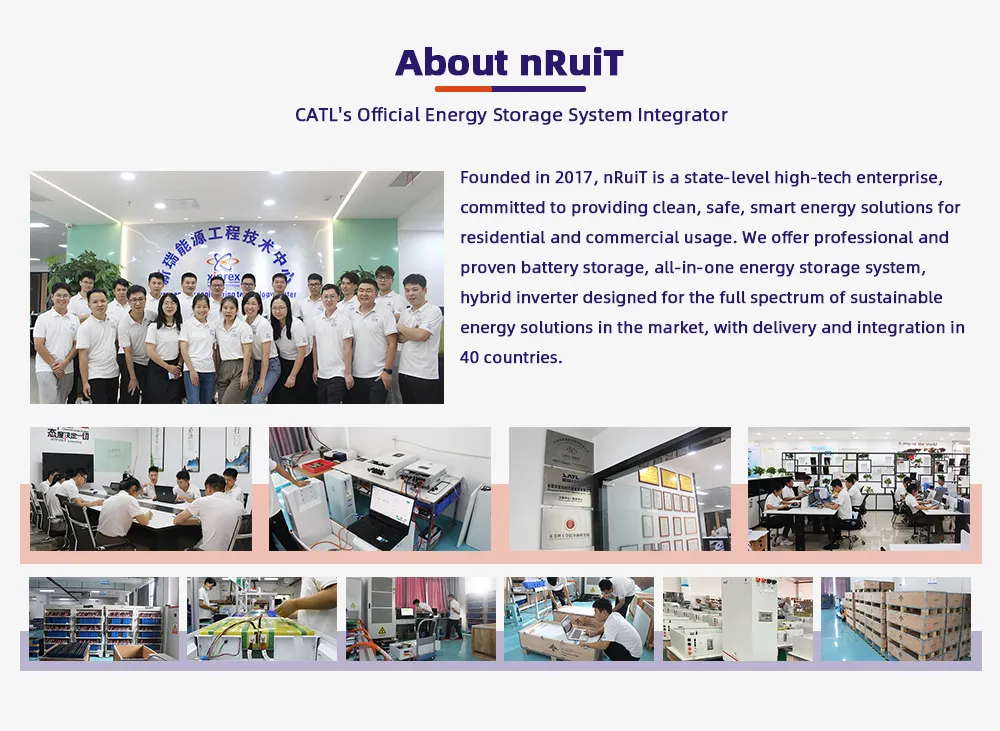
3,199.00$










| Model: Powerporter 9.0 | |
Main Parameter |
|
| Cell Type: Lithium-iron Phosphate (CATL LiFePO4) | Nominal Energy: 9.0kWh |
| Usable Energy: 8.8kWh | Round-Trip Efficiency: 98% |
| Scalability: Max. 4 Modules in Parallel | Dimensions(L/W/H): 830*460*200mm |
| Weight: 75kg | Installation: Standing/Wall-Mounting |
| Warranty: 5 Years | Certification: CE/ UN38.3 |
Electrical Parameter |
|
| Nominal Voltage: 51.2V | Nominal Capacity: 176Ah |
| Max. Charge Current: 125A | Cont. Charge Current: 100A |
| Max. Discharge Current: 125A | Cont. Discharge Current: 100A |
| Charge Voltage: 51.5V~54V | Discharge Voltage: 45V~54V |
| Cont. Discharge DC Power: 5000W | Max. Discharge DC Power: 10000W (More than 2 unites in Parallel) |
General Parameter |
|
| Cycle Life: ≥6000 Times (90%DoD) | Service Life: 10 Years |
| Protection Rating: IP31 | Communication: CAN 2.0/ RS485 |
| Charge Temperature Range: 0℃~45℃ | Discharge Temperature Range: -20℃~45℃ |
| Storage Temperature Range: 20℃~25℃ (Below 85% relative humidity) | Compatible Inverters: Growatt, Deye, LuxPowerTek, SRNE, TBB POWER, Senergy, Megarevo |
Not only does battery storage function as an emergency power source in the event of a power outage in the home, it also saves electricity costs by reducing purchases of electricity when it is most expensive.
In some places, income can also be generated from battery storage, maximizing the use of energy obtained from nature.
1.The battery core of nRuiT uses LiFePO4 supplied by CATL.
LiFePO4 batteries have the characteristics of high performance, high efficiency and high safety, and are very popular with the public. And the batteries produced by CATL have strict quality control and are the leading brand of lithium iron phosphate batteries.
2. Flexible and scalable.
Storage batteries are available in multiple capacities, each with the ability to expand capacity to meet different needs of homeowners, business owners and farmers.
3. Compatibility With the Leading Hybrid Inverters.
nRuiT batteries have been tested for compatibility with leading inverter brands and can better fit your existing photovoltaic system.
nRuiT battery storage adopts LiFePO4 battery produced by CATL, which is a more environmentally friendly, safer and longer life battery than NMC.
The available capacities of the 5 capacities of the Powerporter are 5/8.8/10/12/15.2 (90% depth of discharge).
Yes, nRuiT battery storage can be integrated with your existing solar system. Powerporter is compatible with solar inverters from Growatt, Deye, SRNE, TBB Power, LUX POWER, Senergy and Megarevo. We continue to explore compatibility with other inverter companies.
To build a complete solar storage system, inverters and PV panels are required in addition to batteries.
nRuiT team can make a perfect solution for your house to improve the compatibility of the system.
The battery can be placed standing or hanging on the wall. The storage location should be protected from light and dry, preferably in an indoor garage, because the temperature is suitable and there will be no children to touch.
When hanging the battery on the wall, pay attention to the load-bearing capacity of the wall.
Home batteries require installation by a licensed electrician.
If you’re not a licensed electrician, we can recommend a nRuiT-approved installer to handle the design, permitting, installation, and maintenance of your system.